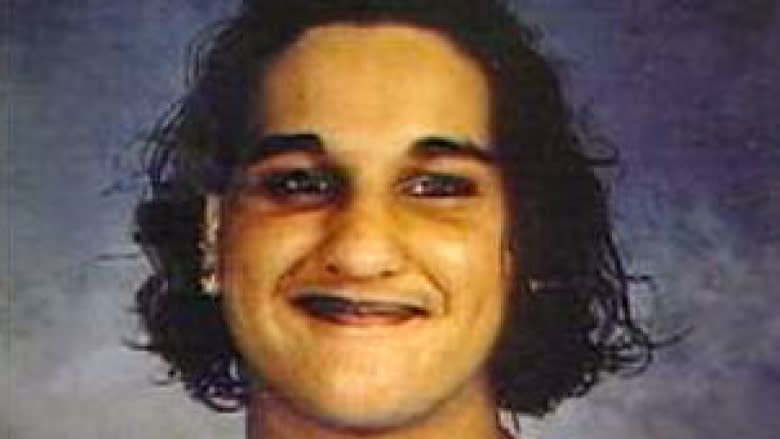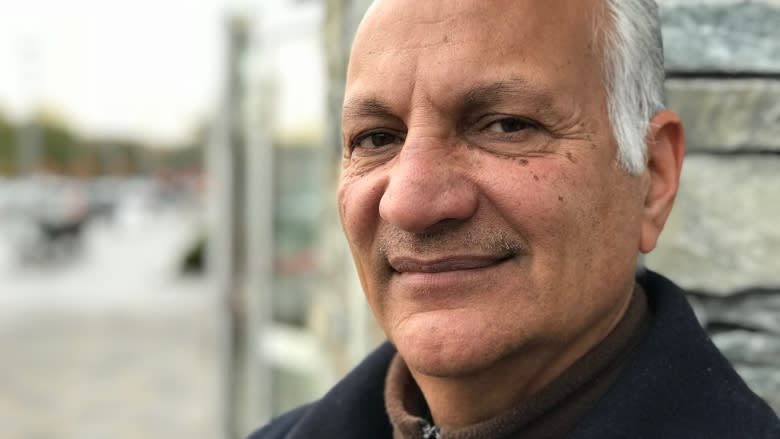20 years after Reena Virk's murder, family reflects on anti-bullying legacy
Twenty years ago this week, 14-year-old Reena Virk was bullied, beaten and killed by a group of her peers near a bridge in Saanich, B.C. on Vancouver Island.
It was a story that shocked the nation then and continues to resonate now, sparking discussions about the need to address bullying and deal with the community trauma from the violence.
Since Reena's death, her family have campaigned for anti-bullying programs and shared her story in schools across the country. Her father, Manjit Virk, said he hopes his daughter's legacy will continue to reach teenagers.
"There's a new generation and if they are not taught now that bullying is not OK, they will grow up to be adults and carry on this practice," Virk said. "None of us want that kind of society."
Hopeful about future
Virk told CBC host of B.C. Almanac Gloria Macarenko that he is hopeful about the impact the increased focus on anti-bullying has had over the past couple decades.
In 2012, the provincial government announced a $2 million, 10-point strategy to combat bullying called the ERASE program — Expect Respect and A Safe Education.
"We can see the results even now by our talking to school kids," Virk said. "They reflect, they write back to us and thank us for reminding them that bullying is a bigger problem than it appears."
Virk said there has been overwhelming support from the community, school districts and the government to draw attention to the devastating effects bullying can have.
"Nobody wants these kinds of things to happen and that really gives us courage and confidence that we are on the right path," he said.
'Still a long way to go'
A memorial was held on Tuesday near the Craigflower Bridge where Reena was killed.
Shauna Janz, executive director of the non-profit organization Learning Through Loss, was one of the organizers of the event.
She said it was important to honour the teenager's memory and provide a collective space to continue processing her death.
"[It is] also a way to continue to engage in conversations and actions around issues of bullying and violence," Janz said. "A lot has also changed in the past 20 years and there is still a long way to go."
In particular, she said, social media and online bullying need to be a key part of the conversation.
Mandeep Mucina, an assistant professor in the school of child and youth care at the University of Victoria, said it's important to have open, honest conversations about the issues facing youth, families and communities.
"What leads someone to hurt others? I think a big piece that we have to remember is giving each other the space to share our stories whether that is the stories of what is going on at home or stories of what is going on at school," Mucina said.
To hear more, click on the audio link below:
With files from B.C. Almanac.



